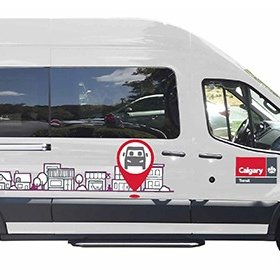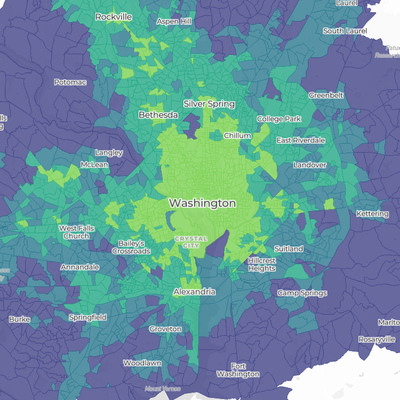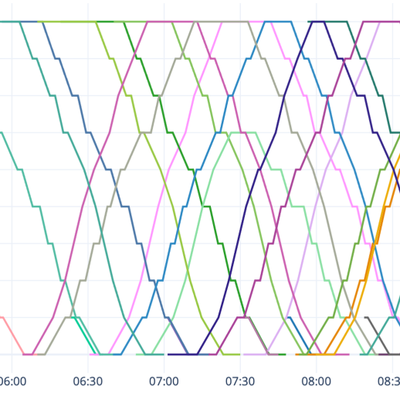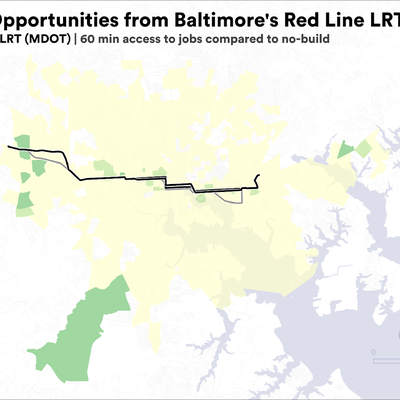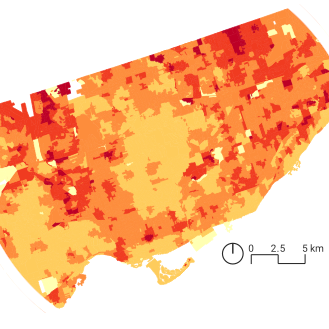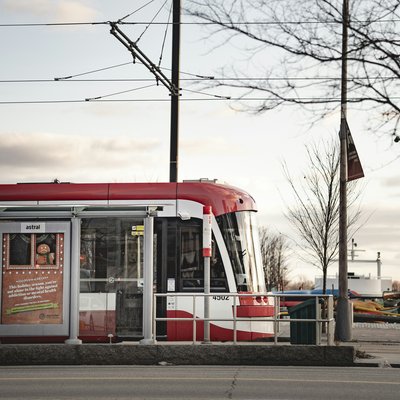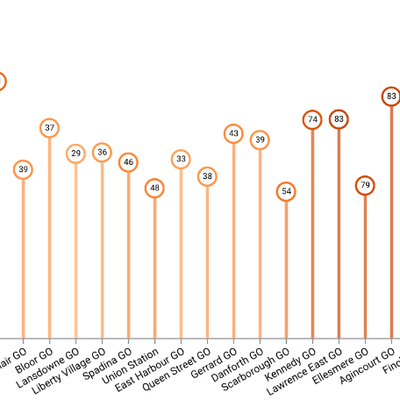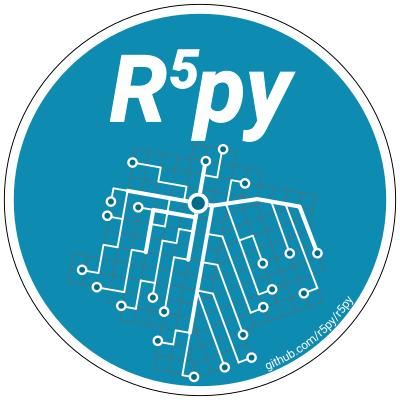Projects
We offer a wide range of services with a common goal: To combine analysis, research, and visual storytelling to support practical, defensible policy, planning, and advocacy. Our goal is to arm you tools and know-how while also making complex and nuanced topics approachable for any audience.
Projects
Opportunities for Standardization in On-Demand Transit
Klumpentown, in collaboration with Leading Mobility, undertook a project to identify potential opportunities for the Canadian Standards Association (CSA) to establish standards pertaining to the deployment of “emerging and non-traditional” modes of transit. This internal report for CSA outlined areas of opportunity for the organization to lead and support standardization efforts. This work was presented at the Canadian Urban Transit Association's spring AGM in 2025.
TransitCenter Equity Dashboard
The TransitCenter Equity Dashboard (TED) tracks how well public transit systems in seven US regions serve their riders, and how changes to transit service affect riders over time. TED measures access to opportunity on transit, transit service intensity and transit affordability for people of color, people living in poverty, essential workers, and other people who rely on transit to meet their daily needs. TED also shows metrics of transit travel times to key destinations on transit compare to travel times by car.
TED Version 2.0 went live June 2024.
Equity Analysis Training at Region of Waterloo
Developed and conducted an in-person and online workshop for the Region of Waterloo that draws on and advances work developed at the Mobilizing Justice project led by Dr. Steven Farber at the University of Toronto Scarborough. This included introducing concepts of large-scale distributional benefits and equity impact analysis to a larger audience at the Region of Waterloo, providing technical training to staff to support future projects and adaptations, provide an initial analysis of distributive equity of the proposed Cambridge GO passenger rail connection, and providing a starting point for incorporating quantitative equity analyses in future planning procurements.
Spur: Simulation for Planning and Understanding Railways
Spur is an event-based mesoscopic railway network simulation platform designed to support real-time operations and medium-to-long-term planning by capturing the stochastic movement of individual trains and the interactions between trains on the network while maintaining a parameterized view of rail movements and dynamics. The model balances simplification with flexibility, and requires substantially less data and expertise than traditional microscopic simulation models.
Metrolinx Equity Analysis of the 2051 Regional Plan Update
Created and implemented an updated equity analysis framework to evaluate the distribution of benefits of Metrolinx' updated 2051 regional transportation plan. Work included developing and computing metrics, stakeholder engagement on the approach, and reporting on the overall impacts of the project on various marginalized populations.
TransitCenter Equity Scenario Comparison Application
The TransitCenter Equity Scenario Comparison Application (TESCA) is a tool to allow for the comparison of two transit related scenarios (different service levels, times of day, etc.) through and equity-focused lens. This project enables rapid comparison of proposed or recently implemented projects, such as this article about Baltimore's Red Line LRT project.
City of Toronto Equity Evaluation Tool
A web-based spatial analysis tool developed for the City of Toronto that automatically evaluates uploaded spatial data files to quantify the local area impacts of transportation projects in Toronto, specifically with regard to the distribution of the local area population across various sociodemographic groups. The tool is intended for internal use by the City of Toronto to support budget prioritization initatives.
Toronto Transit Commission: Economic, Social, and Environmental Benefits of Transit Investment
Co-author of a chapter on the economic impacts of reliability in a broader discussion paper by University of Toronto researchers contracted by the Toronto Transit Commission.
Distributive Equity Evaluations of Transport Futures
A reference guide and a series of Python notebooks to conduct quantitative analyses that can be used to understand the distributive equity impacts of public transit or other transportation infrastructure scenarios or projects. The foundational work contained within this notebook and the accompanying analysis code was developed by Drs. Jeff Allen and Steven Farber at the University of Toronto in 2021, but has been updated for new datasets and for use with Python.
r5py
R5py is a Python library for rapid realistic routing on multimodal transport networks (walk, bike, public transport and car). It provides a simple and friendly interface to R5, the Rapid Realistic Routing on Real-world and Reimagined networks, the routing engine developed by Conveyal. R5py is inspired by r5r, a wrapper for R, and the library is designed to interact with GeoPandas GeoDataFrames.
